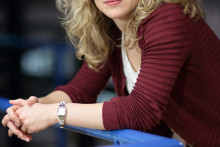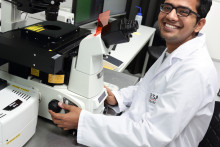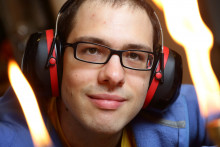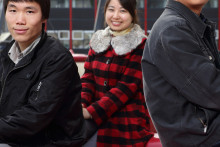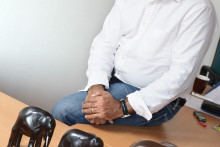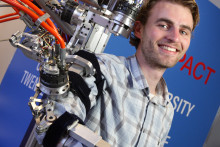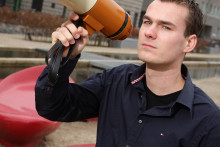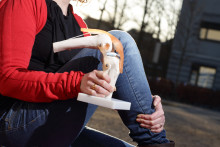 PhD
PhDNicole Georgi: oxygen to repair knee cartilage
Knees, you take them for granted. Until the moment they malfunction and you run the risk of getting an artificial replacement: then you wish you had taken better care of them back in the day. Especially when you are young and learn that your imitation knee might only last 15 years. Nicole Georgi aims to prevent this worst case scenario. For the past four years, she worked on the improvement of cartilage tissue engineering.
